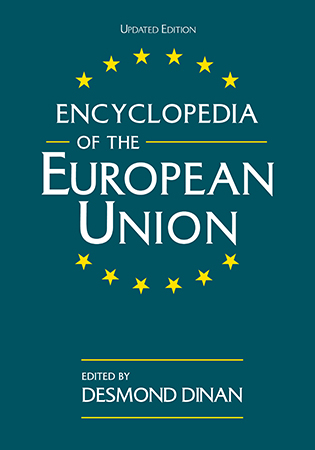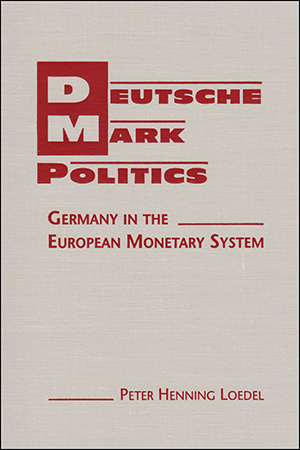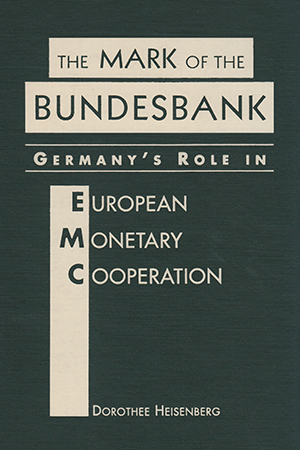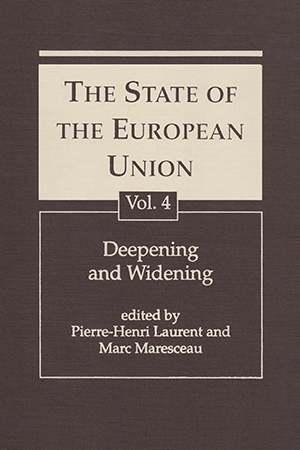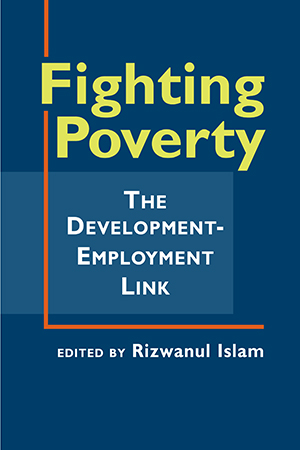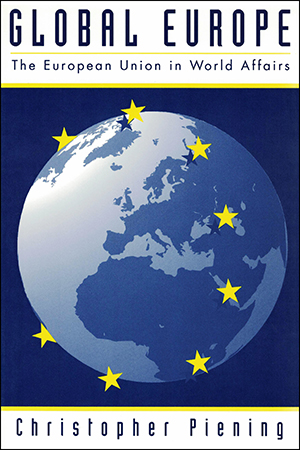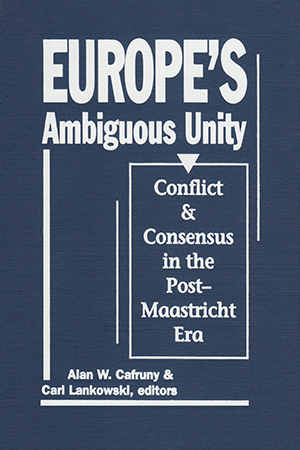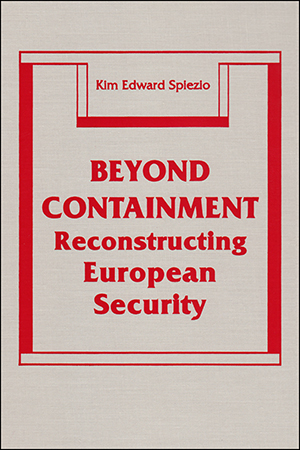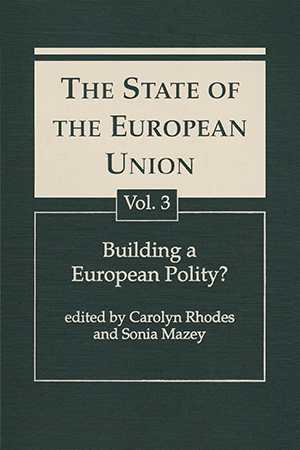Europe and the European Union
The Encyclopedia of the European Union provides in-depth, authoritative discussions of the key concepts, developments, institutions, policies, negotiations, treaties, national interests, More >
Why is Germany prepared to sacrifice the deutsche mark for European Monetary Union? Peter Loedel’s novel analysis, incorporating domestic, European, and global aspects of German More >
With the Bundesbank now the dominant German actor in international monetary cooperation, Germany’s partner states have begun to consider the requirements of the bank—rather than More >
The struggle between those who seek a more integrated, and even a federal, Europe and those proposing a looser confederation was once again highlighted at the 1996-1997 Intergovernmental More >
What makes some multiethnic states integrate and others descend into civil war? Ishiyama and Breuning extend traditional explanations centered on socioeconomic, cultural, and historical More >
The European Union (EU), though comprised of fifteen separate, sovereign states, is constrained by treaty to act "as one" in key areas. And as trader, investor, aid donor, and most More >
Although the European Union as an entity now enjoys support from across most of the political spectrum, this has by no means resulted in the acceptance of a single vision of the EU. The More >
This study advances a novel argument about the difficulties the major powers of Europe are likely to encounter in attempting the multilateral management of regional security More >
With the ratification of the Treaty on European Union (Maastricht) in 1993, a new era in the history of European integration emerged—an era that juxtaposes the principle of More >


